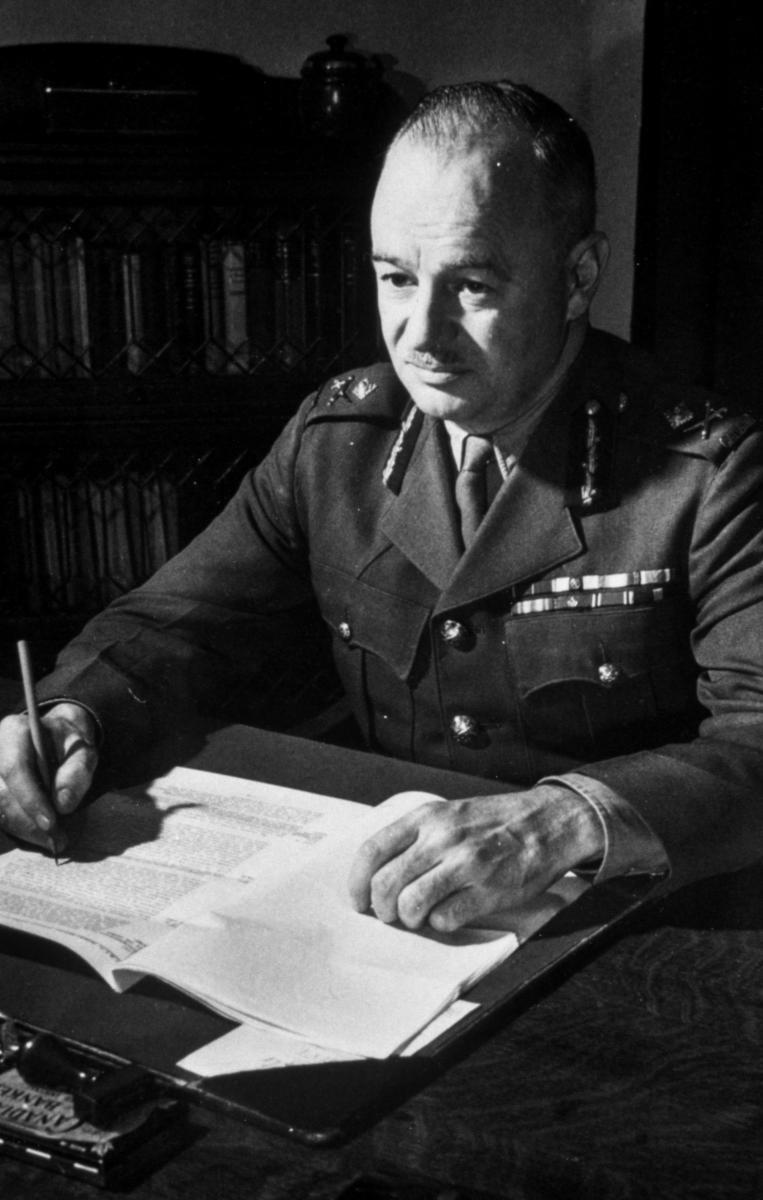What if the cure wasn’t in a bottle, but in a mindset?
Brock Chisholm didn’t wear a cape. He wore a white coat, sometimes a military uniform, and always an idea that was wildly ahead of his time.
We can’t build health on fear, secrecy, and nationalism.
He said that out loud. In 1948.
Not many people remember Dr. Chisholm today. But in a world that was still licking its wounds from two World Wars, he helped create an organization that wasn’t just about shots, syringes, or sanitation.
He believed health was a human right. And more than that, a global responsibility.
Let that sink in for a second.
A Mental Health Pioneer in a War-Torn World
Before leading the WHO, Chisholm had been a psychiatrist, and one who took mental health seriously long before it was trending on Instagram or dissected on wellness podcasts.
He saw the mind as the first battlefield. Fear, ignorance, indoctrination, they were diseases. Curable, maybe. But only with courage, clarity, and cooperation.
That made him… controversial.
Imagine Pitching This Today
Imagine walking into a modern boardroom, or a war-room, or a tweet-storm of public opinion, and saying:
“No more hiding behind flags. Health must be borderless. It must be honest. And yes, it might mean challenging religion, politics, even parents.”
That’s what Chisholm said. And he meant it.
You can’t build a better world by maintaining broken systems.
He was nominated to lead the newly formed World Health Organization not because he had all the answers, but because he dared to ask different questions.
What Can You and I Learn From Him?
We don’t need to be psychiatrists. Or generals. Or UN delegates.
But maybe we can take a page out of Brock’s playbook.
Call things what they are. If nationalism is making people sick, say so.
Connect before you correct. Health begins in the mind, not just in the lab.
Act locally, but always think globally.** Especially when it’s hard.
A Challenge (Because This is a Blog, Not a History Lesson)
The world doesn’t lack information. It lacks leaders who care more about impact than applause.
So ask yourself:
Where in your circle of influence are you defending walls when you should be building bridges?
That’s where Brock Chisholm would start.
Maybe that’s where you should, too.
*”To achieve world health, we must free the human mind of prejudice and fear.” Dr. Brock Chisholm*
The Misattributed Quote
One quote often circulated online and linked to Dr. Brock Chisholm reads:
“To achieve world government, it is necessary to remove from the minds of men, their individualism, loyalty to family traditions, national patriotism and religious dogmas.”
While provocative, there is no verifiable source connecting this quote directly to Chisholm’s speeches, academic writings, or recorded public statements. Reputable historians and archives have not found it in his known publications.
However, Chisholm did write extensively on the psychological roots of war, the role of education, and the dangers of dogmatic thinking. In a 1946 article in Psychiatry, he stated:
“The reinterpretation and eventual eradication of the concept of right and wrong which has been the basis of child training, the substitution of intelligent and rational thinking for faith…”
This quote, often taken out of context, reflects his belief in promoting mental health, rational thought, and international cooperation, especially in the wake of World War II.
Further Reading & References
1. Chisholm, B. (1946). *The Re-Establishment of Peacetime Society*. *Psychiatry, 9*(1), 3–12.
2. WHO: [History of the Director-General](https://www.who.int/director-general)
3. Snopes: [Misattributed Quote on World Government](https://www.snopes.com/fact-check/chisholm-quote-world-government/)
4. Canadian Encyclopedia: [Brock Chisholm Biography](https://www.thecanadianencyclopedia.ca/en/article/george-brock-chisholm)

